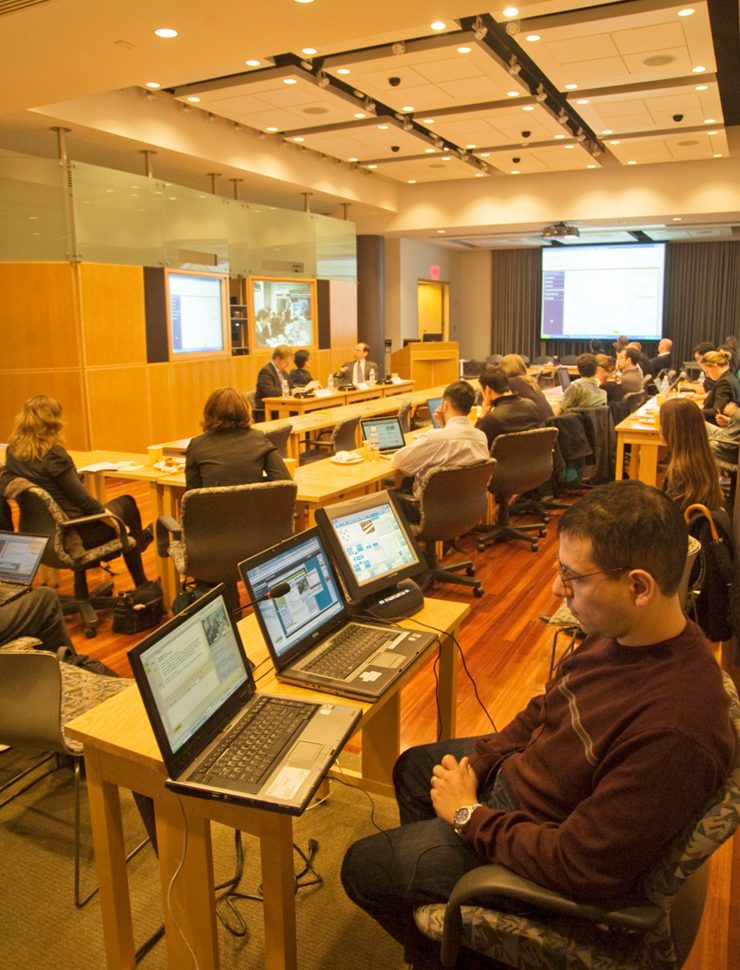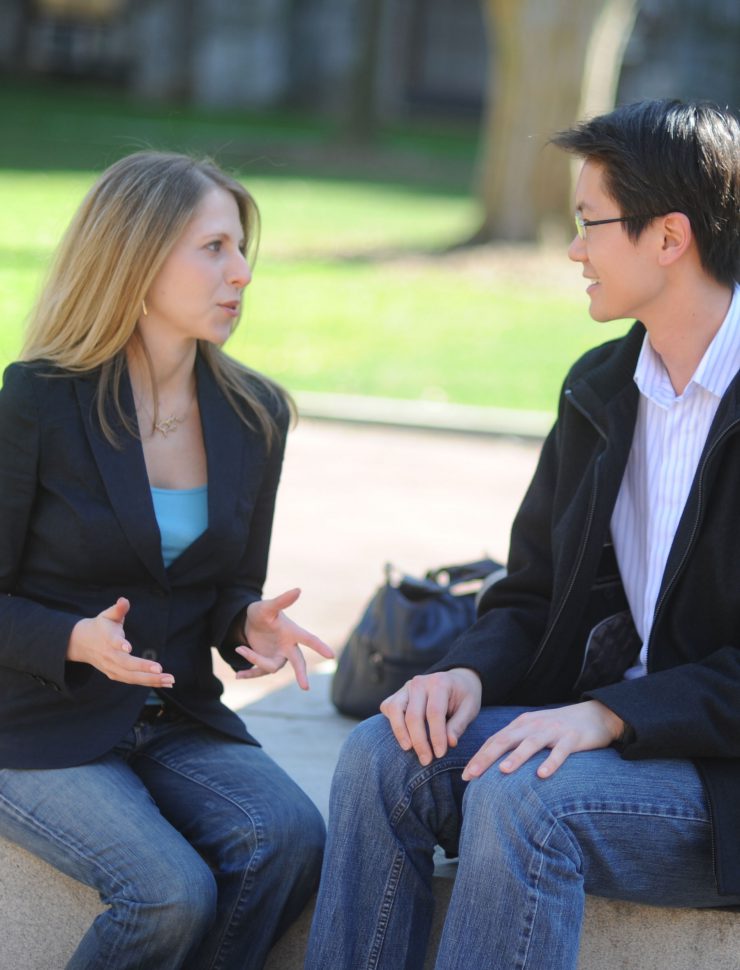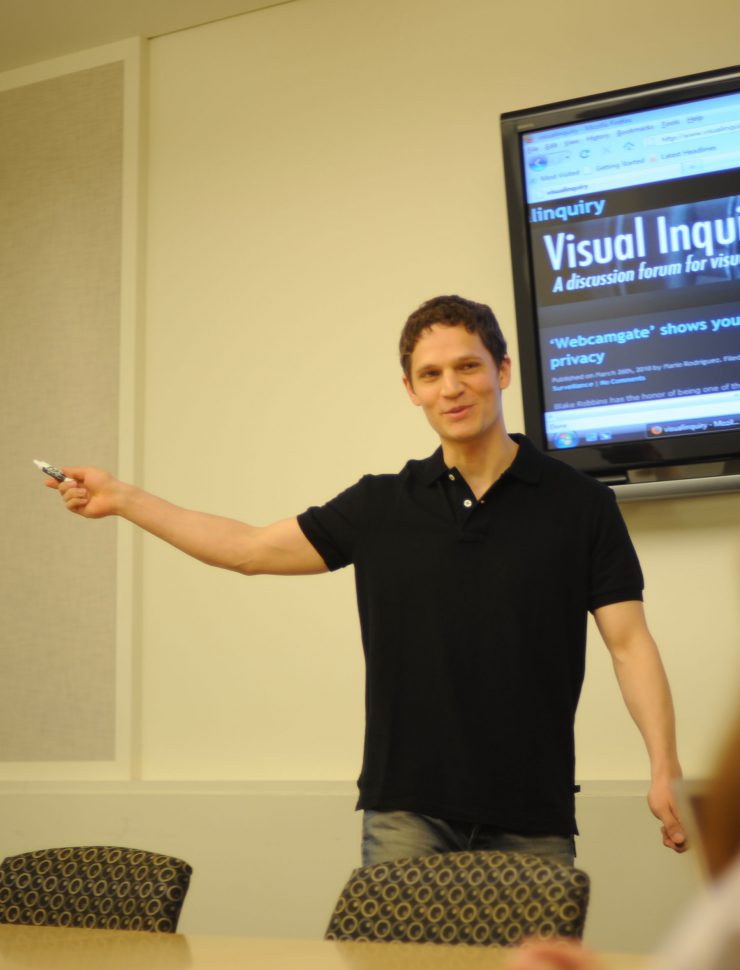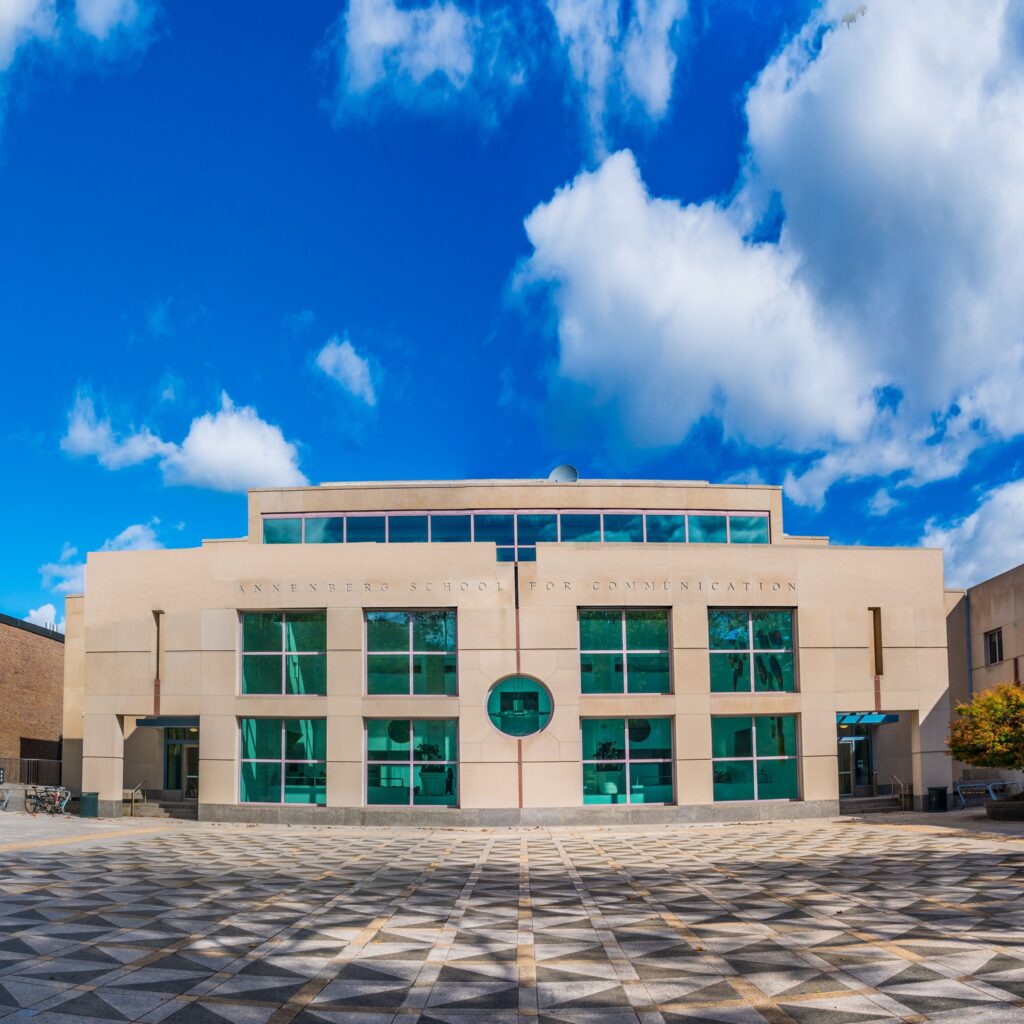Founded in 1958, The Annenberg School for Communication at the University of Pennsylvania offers students a firm grounding in various approaches to the study of communication and its methods, drawn from both the humanities and the social sciences. It is an intellectual common market built on more than forty years of interdisciplinary dialogue. The School houses communication theorists and researchers, including social scientists, historians and critics. The M.A.C. and Ph.D. degree programs prepare students to make professional contributions to communication scholarship, research, and policy.
Every human advancement or reversal can be understood through communication. The right to free communication carries with it responsibility to respect the dignity of others – and this must be recognized as irreversible. Educating students to effectively communicate this message and to be of service to all people is the enduring mission of this school.
Walter H. Annenberg
Founder (1908 – 2002)
Originally named the Annenberg School of Communications, the School also houses the Annenberg Public Policy Center, which conducts and disseminates research, hosts lectures and conferences and convenes roundtable discussions that highlight important questions about the intersection of media, communication and public policy.



Over the ensuing years the Annenberg School has remained true to the mission articulated by Ambassador Annenberg, while responding to changes in both the nature of communication as a social process and in Communication as a discipline and an interdisciplinary field of study. Today, we advance our mission through four central goals:
Producing and disseminating cutting-edge scholarly research designed to advance our theoretical and empirical understanding of the role of communication in public and private life.
Producing and disseminating high-quality applied research designed to advance the public’s understanding and effective use of communication, and policy-makers’ ability to create a media environment that fosters the personal and collective development of its citizens.
Educating Ph.D. graduate students in the theories, substance, and methods of communication research and placing them in leading academic and professional positions in the field.
Providing a first-class liberal arts education to undergraduates, designed to help them become better consumers and producers of public information, strengthen their understanding of the role of communication in their personal, professional and civic lives, and prepare them for private and public-sector leadership positions in communication-related and other fields.



